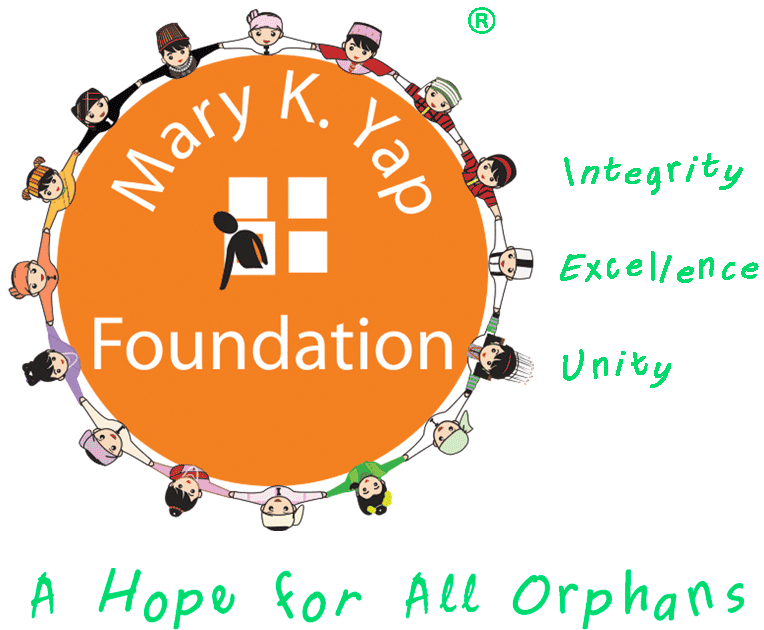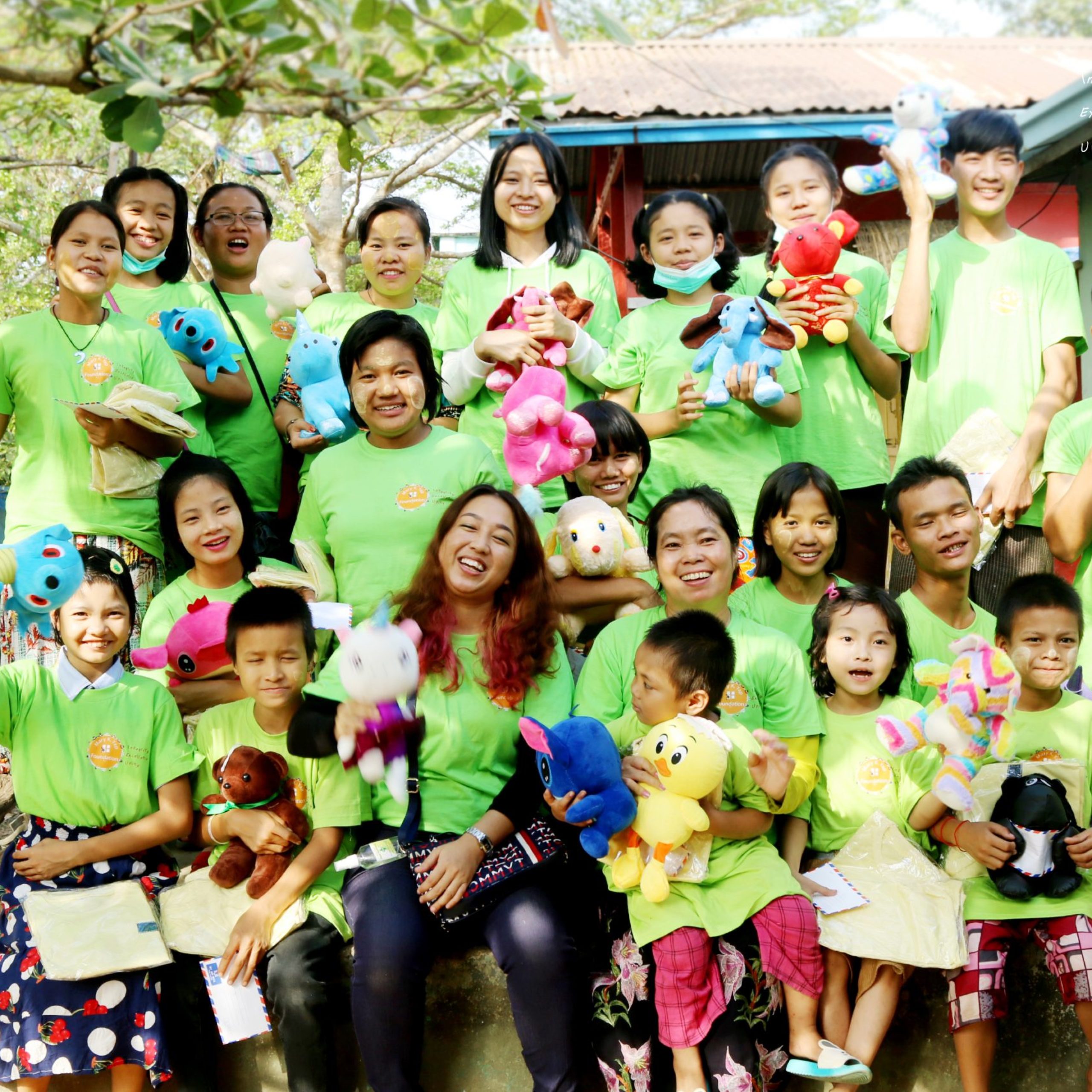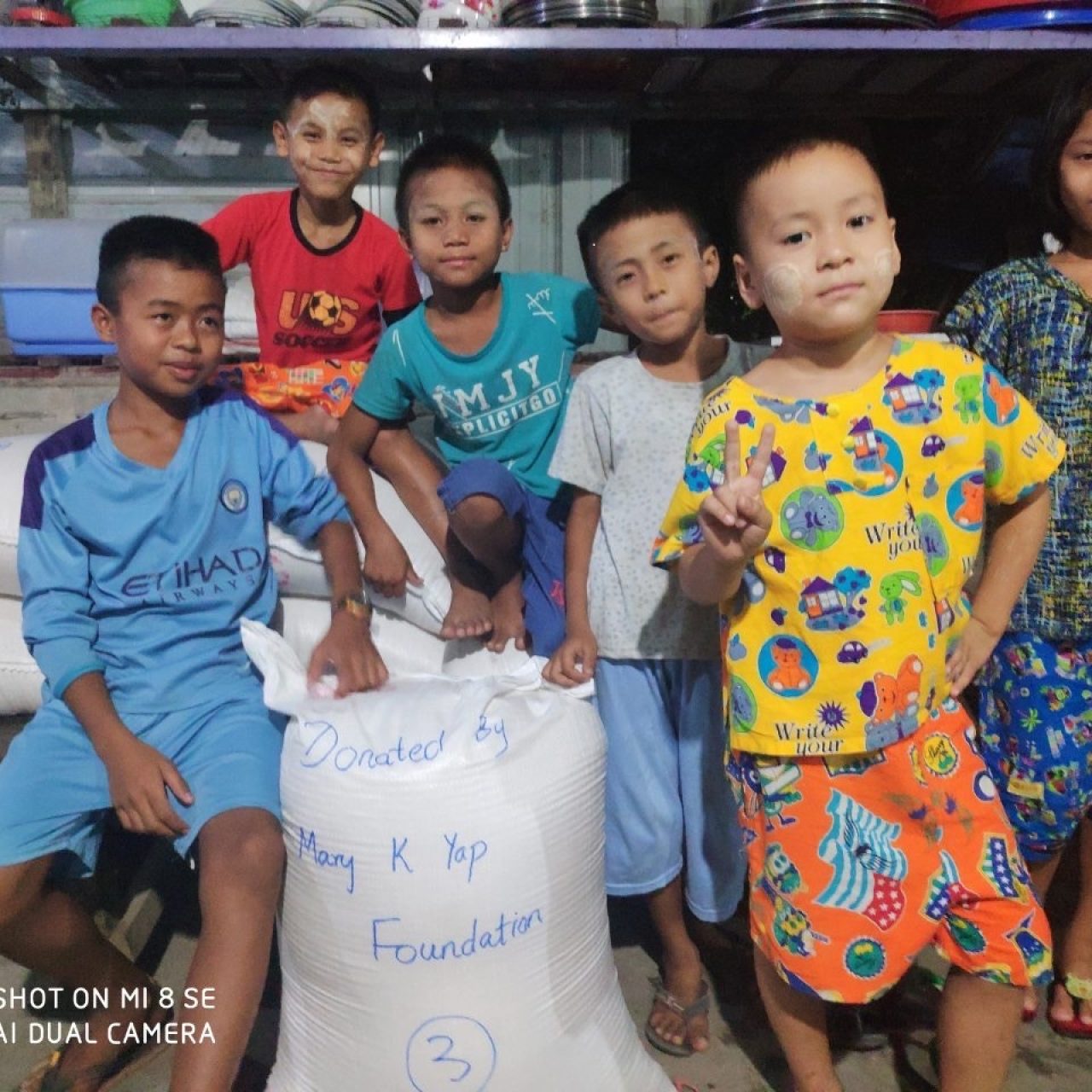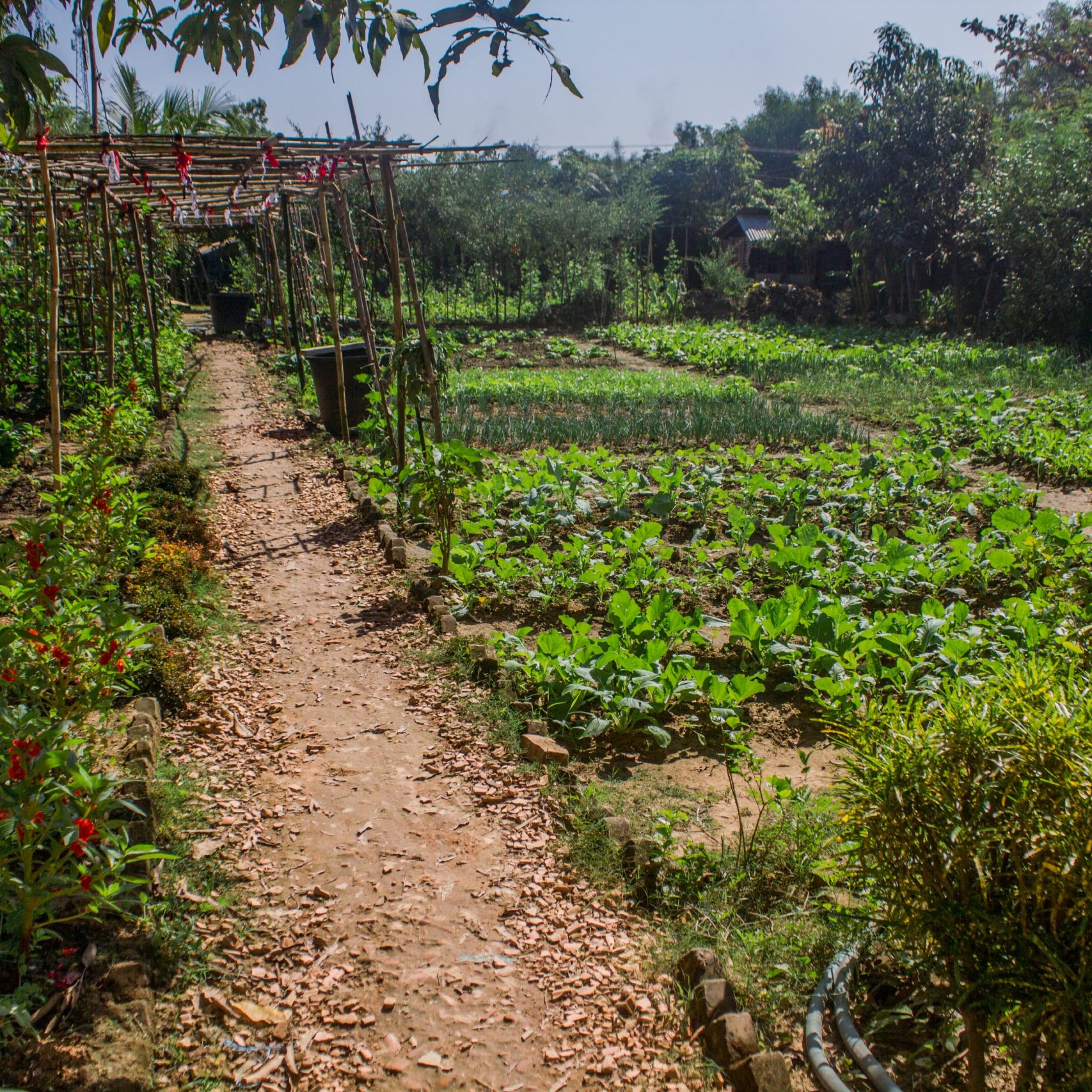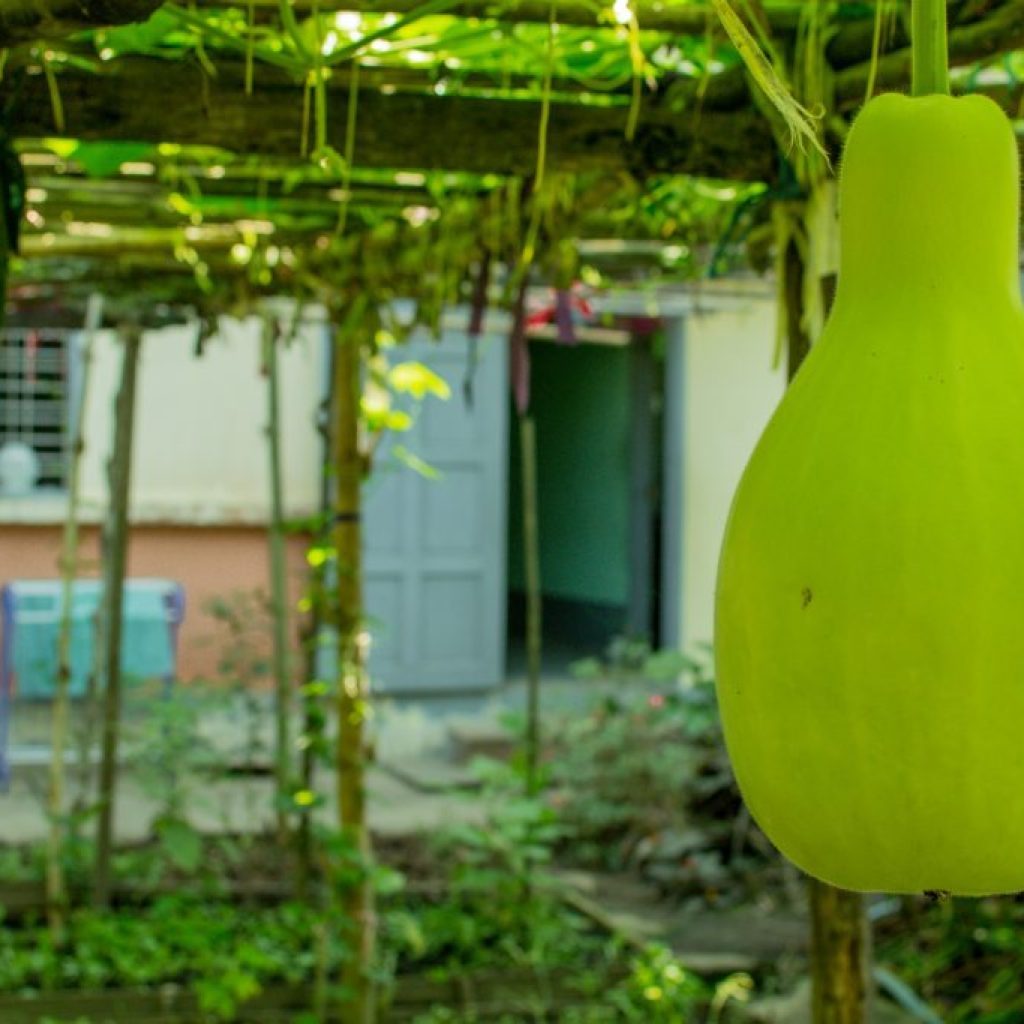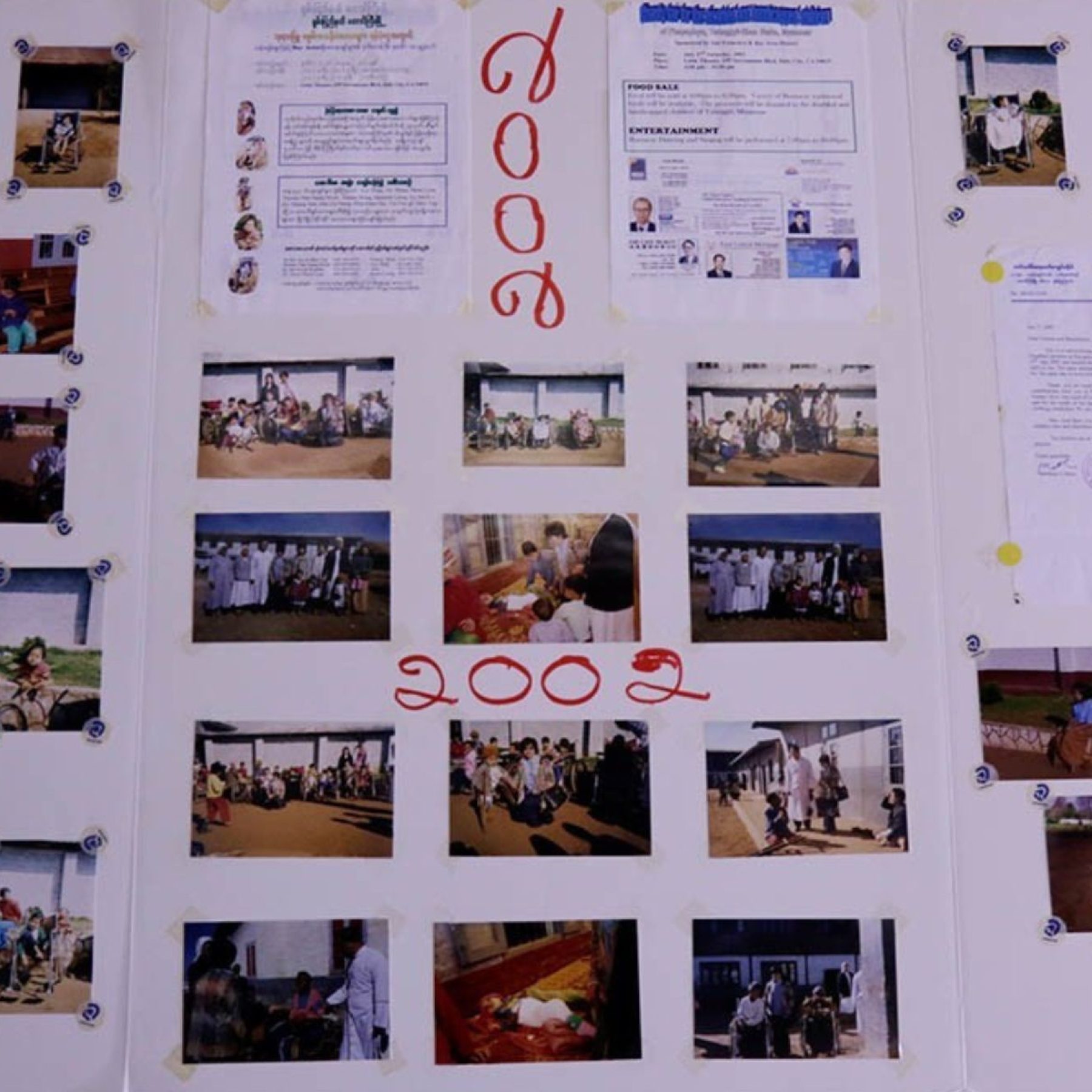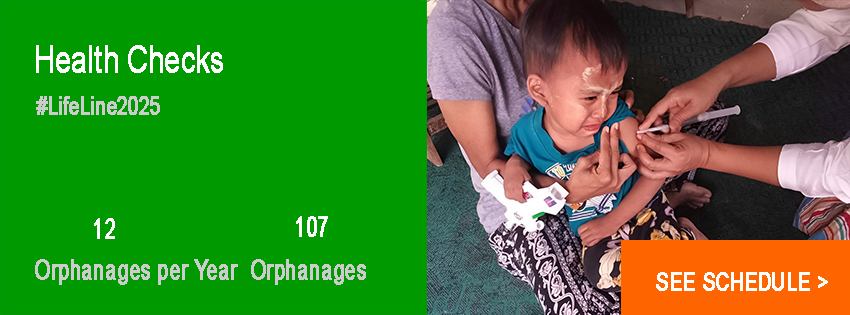The commissioning of health check programs for the orphanage focuses on addressing children’s health concerns. These programs entail regular vitality checks to identify and address any deficiencies or developmental issues. Emphasis is placed on preventing and treating diseases such as tuberculosis, measles, malaria, and malnutrition through vaccination campaigns, medication distribution, and nutritional support. The commissioning also incorporates robust measures to protect the children from the ongoing COVID-19 pandemic, including vaccination, hygiene practices, and educational initiatives to promote awareness and safety.
As a practicing healthcare professional, I firmly believe that diligent health checks not only provide comfort and hope for orphans but also nurture their overall wellness.”
Dr. Nora Yang
Board of Director, Mary K.Yap FoundationPrioritize Health Checks, Save Lives!
Health programs for the orphanage place the utmost importance on addressing the multifaceted health concerns of the children under its care. These meticulously designed programs encompass a range of proactive measures to identify and resolve potential deficiencies or developmental challenges. In particular, regular health checks are conducted to detect and address any emerging issues swiftly. This work is accomplished through widespread vaccination campaigns, efficient distribution of vital medications, and dedicated nutritional support to bolster the children’s overall well-being.
In conducting a comprehensive health check for orphaned children, the Foundation commits to eight steps. This includes assembling a qualified healthcare team, establishing mental checks evaluations, conducting age-appropriate health screening, implementing vaccination schedules, assessing Nutritional Status, organizing educational sessions, establishing a follow-up program for ongoing support and documenting data records of children under care.
Eight Actionable Steps in the Nutshell to Deliver Health Checks

STEP #1
Team-up with Healthcare Professional
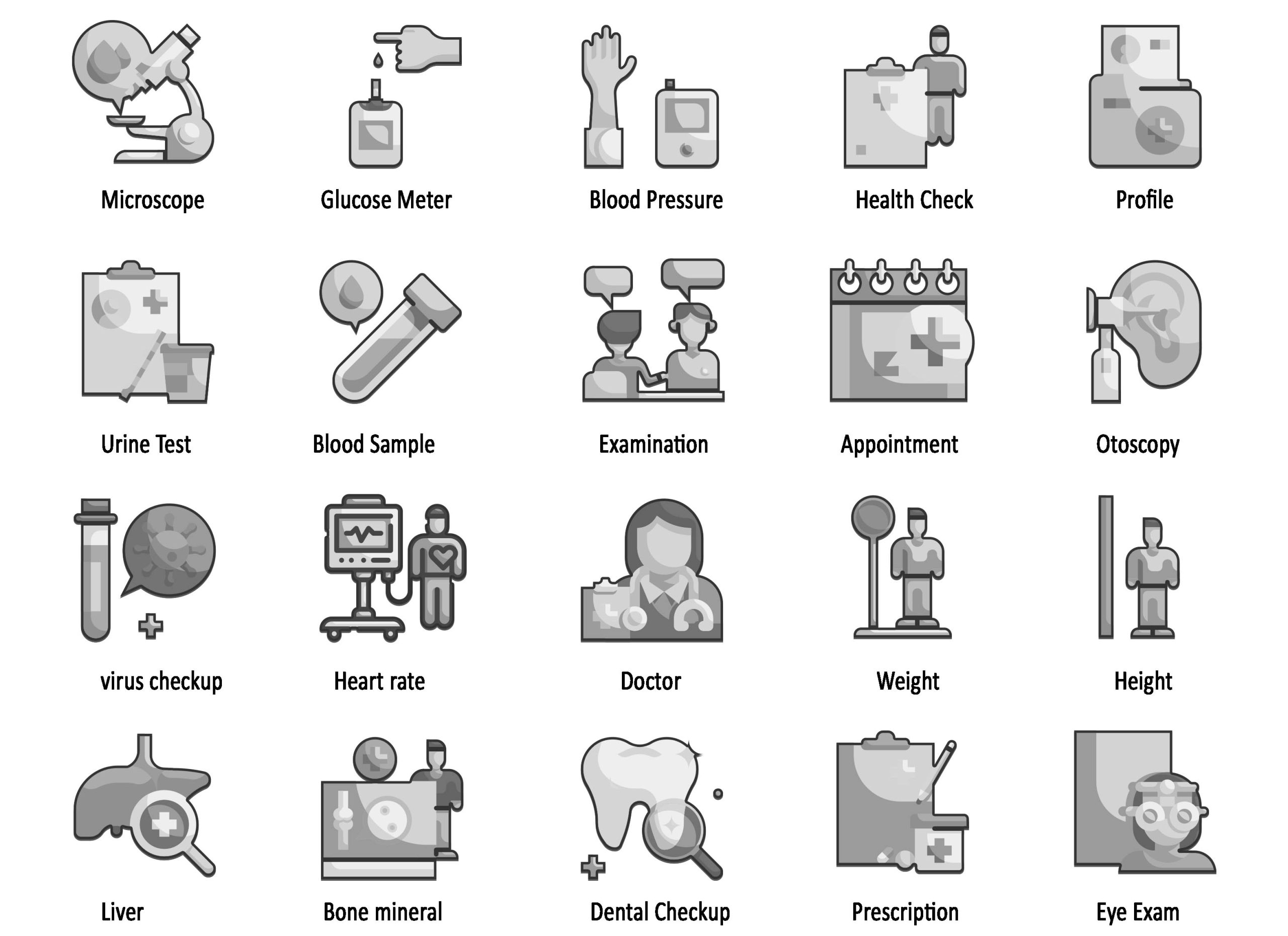
STEP #2
Establish Health Check Protocol Routines
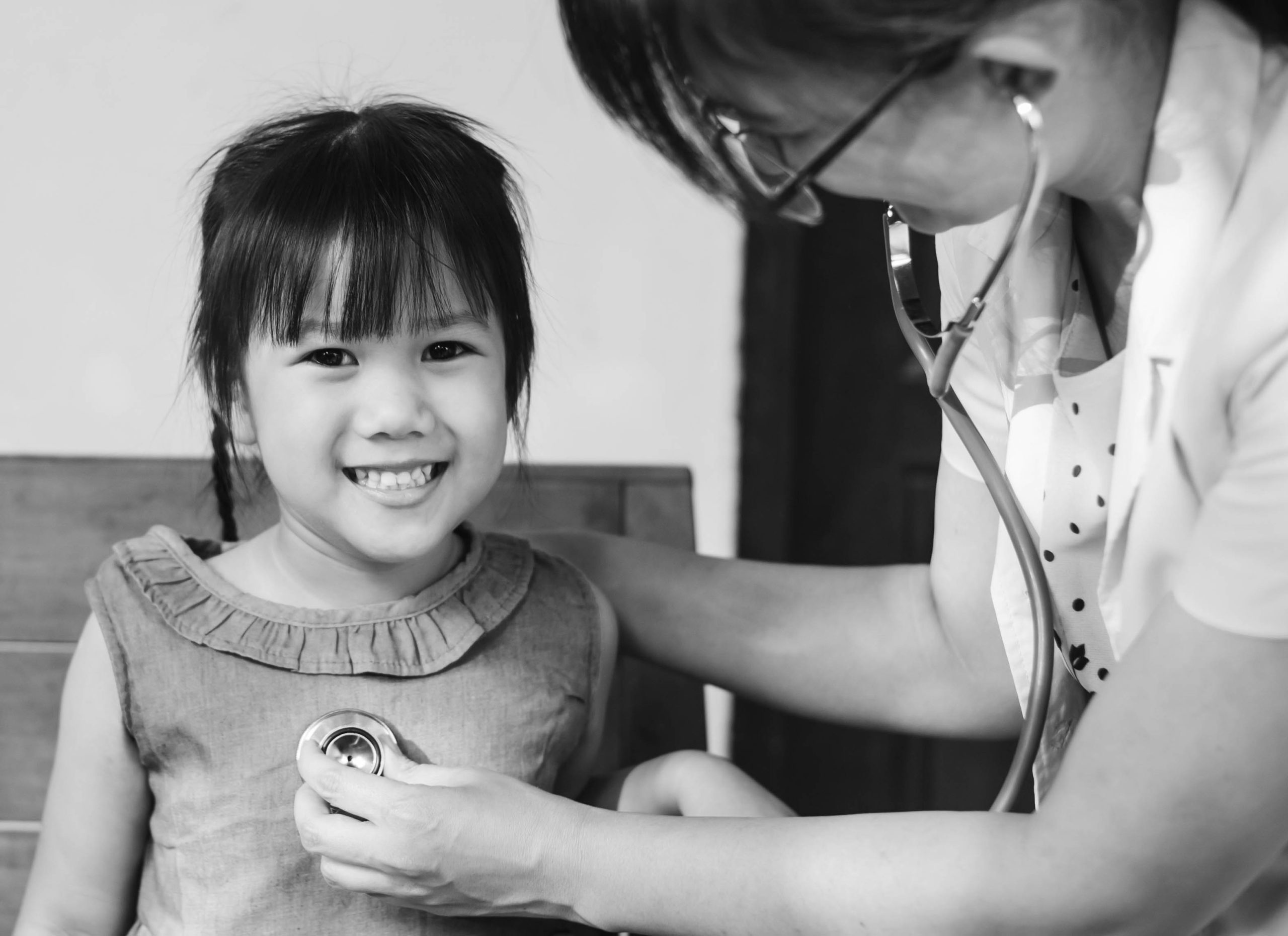
STEP #3
Conduct Individual Health Screenings
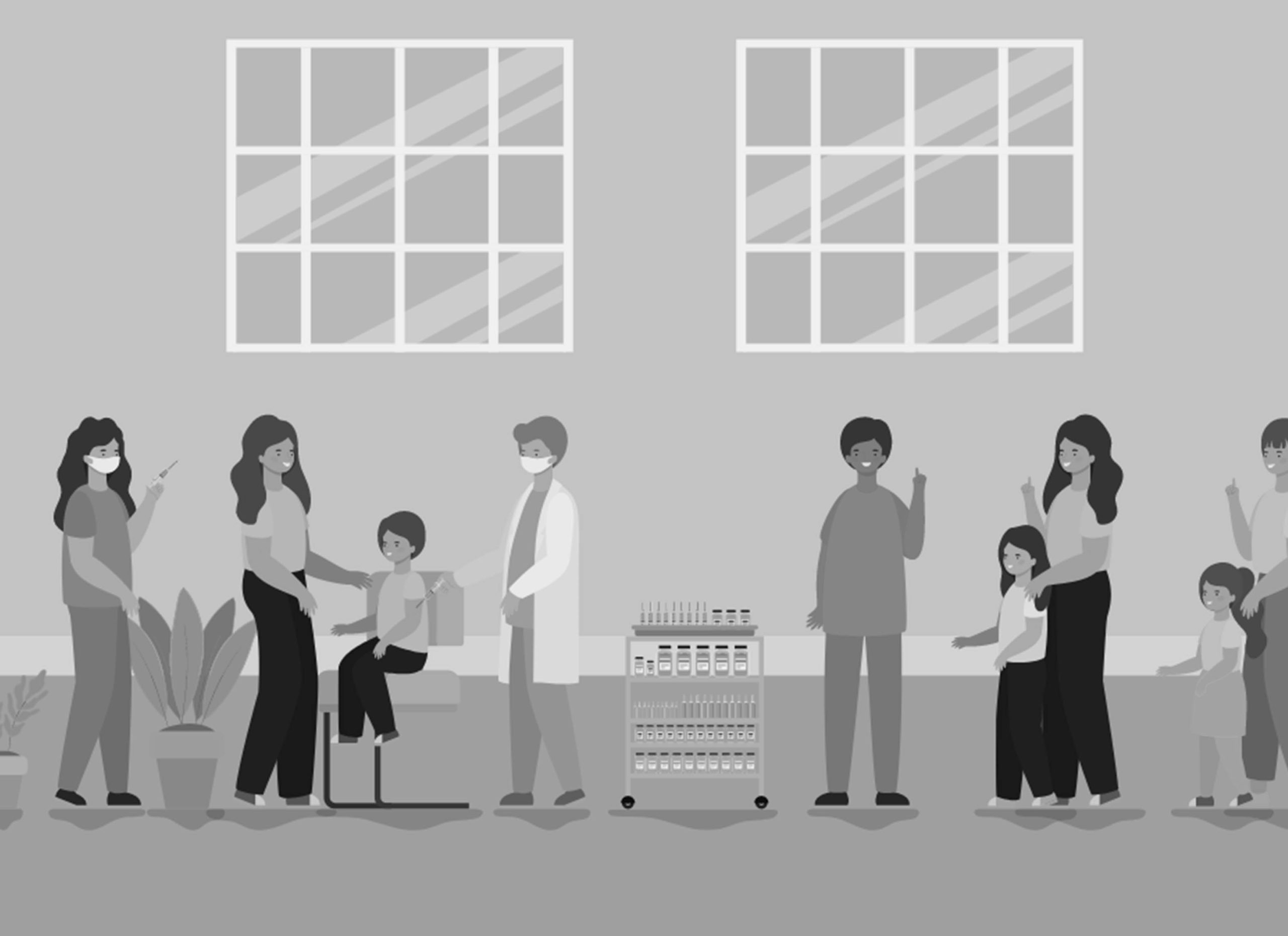
STEP #4
Deliver Immunization Services Plan

STEP #5
Assess Nutritional Status Routines

STEP #6
Educate Caregivers and Staff Members

STEP #7
Establish a Followup System Routines
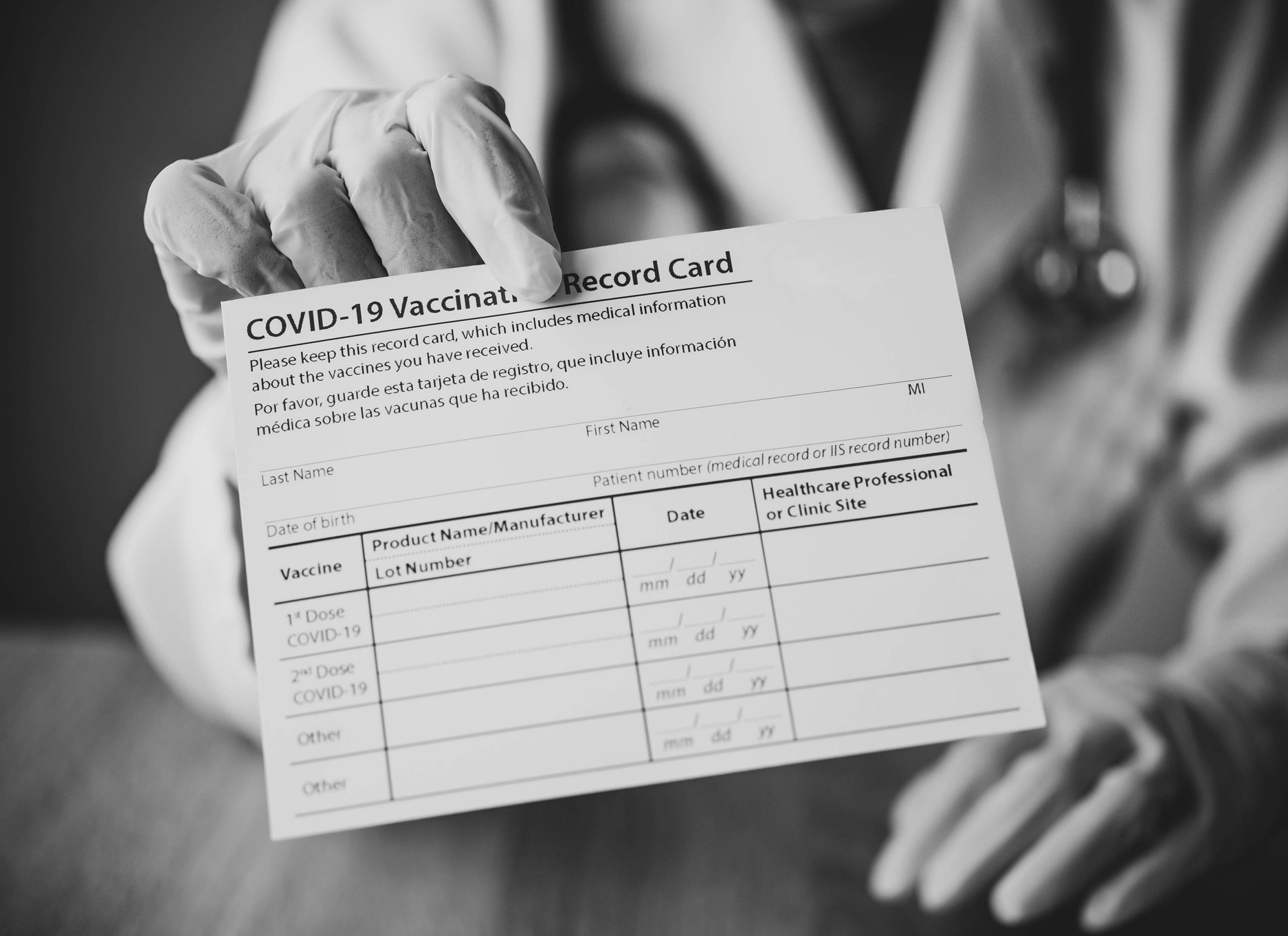
STEP #8
Document and Maintain Data Records
Below are explanations of the provisions entailed in each of the ten steps.
1. We collaborate with healthcare professionals:
- Partner with healthcare professionals, including doctors, nurses, and specialists, to ensure a comprehensive and accurate health check assessment drive. Their expertise will be invaluable in identifying and addressing the children’s specific health concerns.
2. We establish a comprehensive health check protocol:
- Develop a structured protocol that includes various health assessments, such as physical examinations, vision and hearing tests, dental checkups, blood tests, and screening for common diseases. This protocol should be tailored to the age group and specific health risks orphan children face.
3. We conduct individual health screenings:
- Assign each child a dedicated time slot for their health checkup to ensure personalized attention. This will allow healthcare professionals to thoroughly evaluate the child’s health status, detect existing conditions, and identify potential developmental issues.
4. We provide immunizations:
- Offer a complete immunization program to ensure that all children are up-to-date with their vaccinations.
- Collaborate with local health authorities to obtain vaccines and organize vaccination campaigns.
5. We assess nutritional status:
- Include assessments of nutritional status, such as height, weight, and body mass index (BMI).
- Identify any signs of malnutrition or nutrient deficiencies and provide nutritional support, including dietary advice and supplementation if required.
6. We educate caregivers and social workers:
- Organize training sessions or workshops for caregivers and staff members to enhance their understanding of the importance of holistic well-being and how to support the children’s overall health needs.
- Educate them on early warning signs of health issues and empower them to provide appropriate care and support.
- Engage the support of social workers who can assess the children’s social and environmental factors that may impact their health and well-being.
- Work together to address challenges and connect children with necessary resources like housing, education, and psychological support.
7. We establish a follow-up system:
- Ensure that the health check assessment drive is not a one-time event but part of an ongoing process.
- Implement a follow-up system to monitor the children’s health progress and provide necessary interventions or referrals for further care.
8. We document and maintain records:
- Maintain accurate and up-to-date health records for each child, including their medical history, assessment results, and any interventions or treatments provided. This documentation will aid in tracking progress, facilitating collaboration with healthcare professionals, and ensuring continuity of care.
